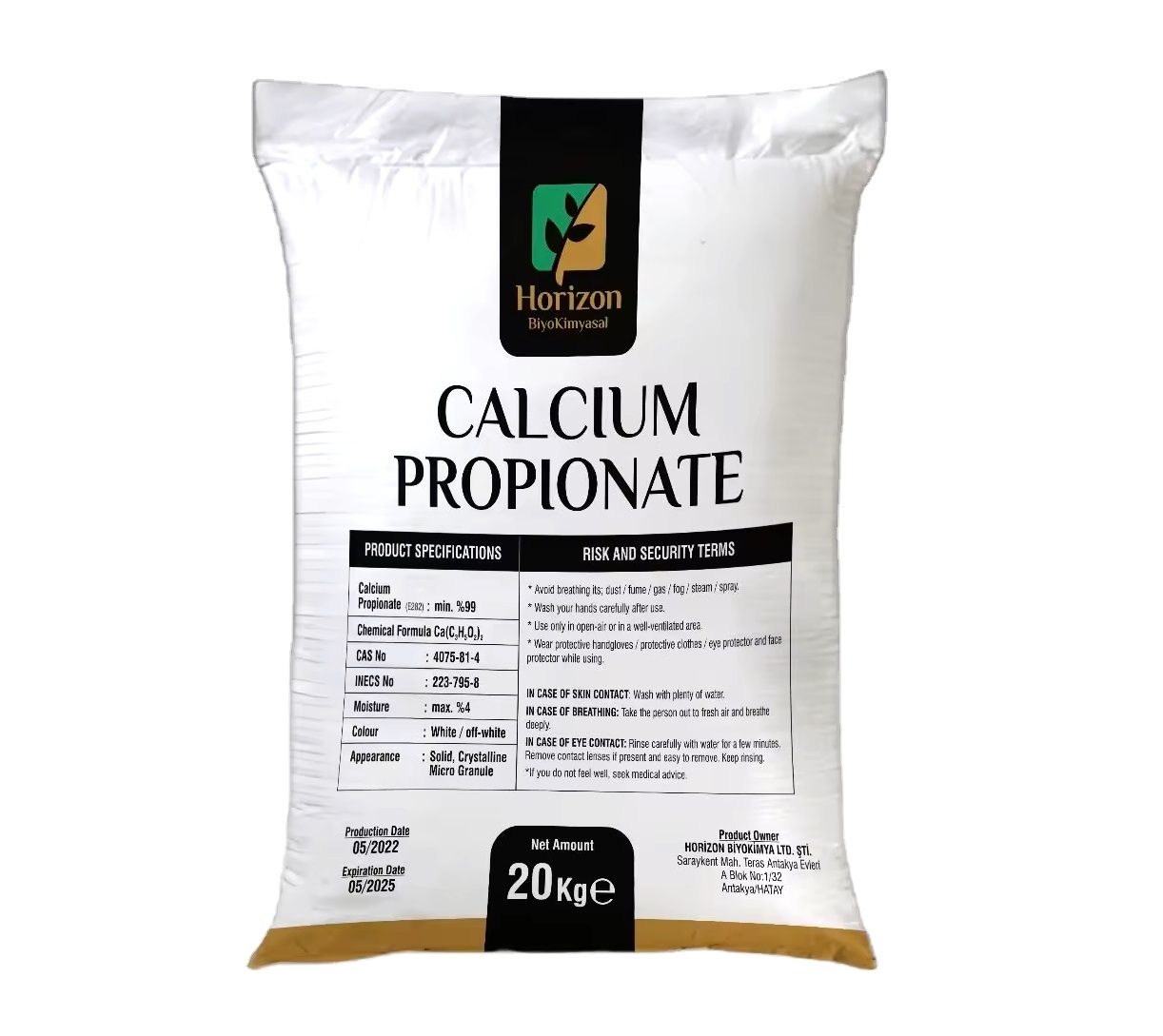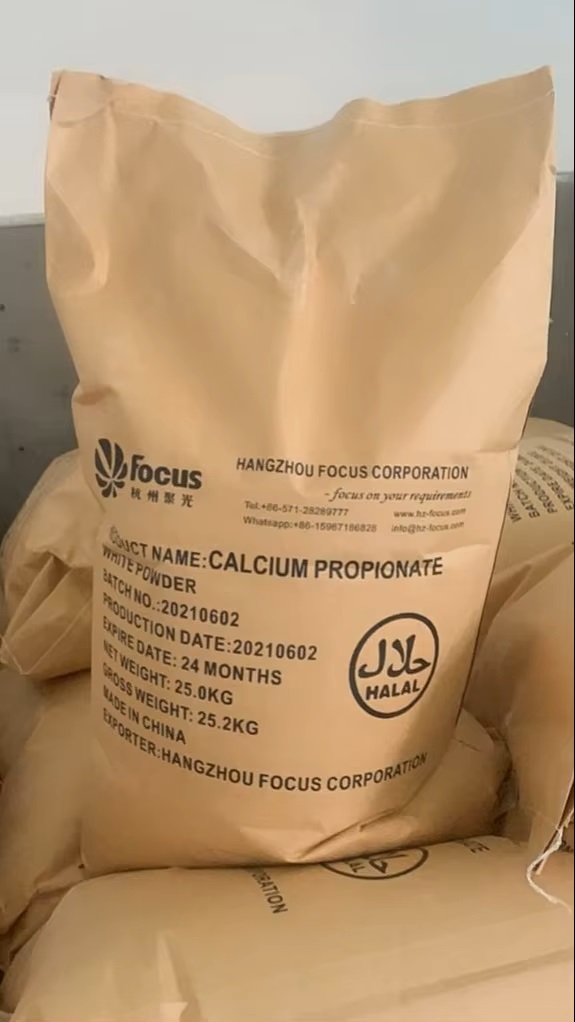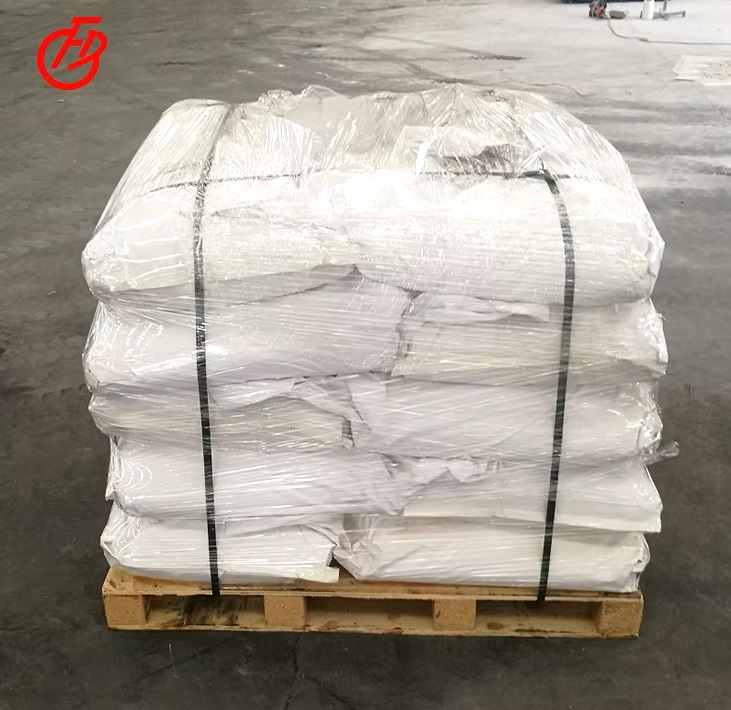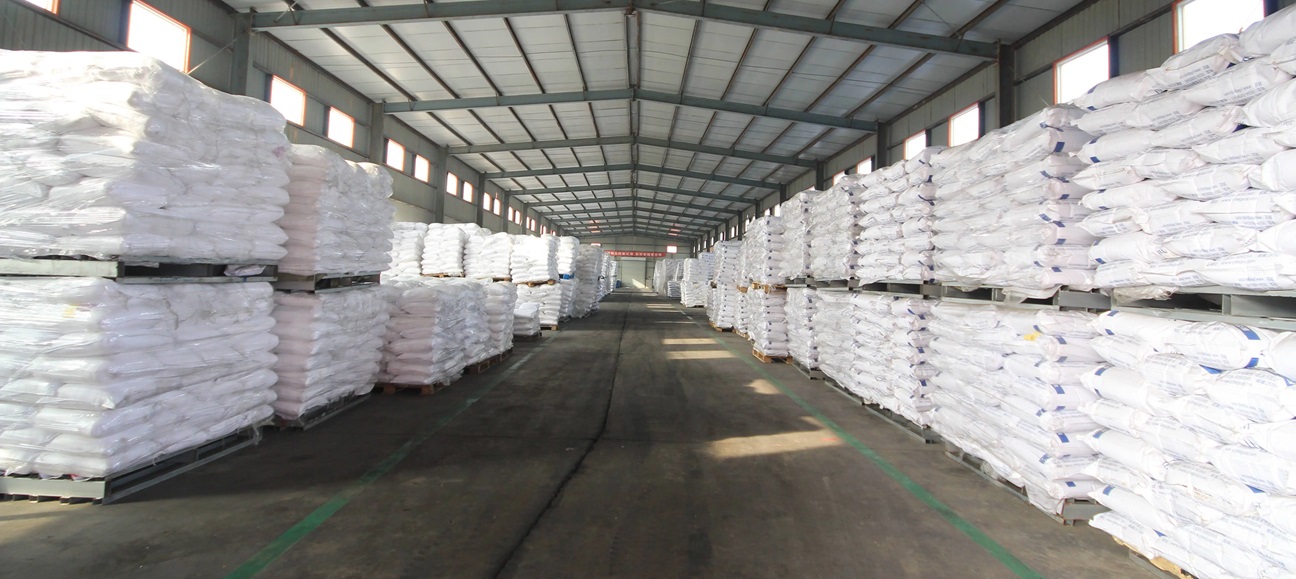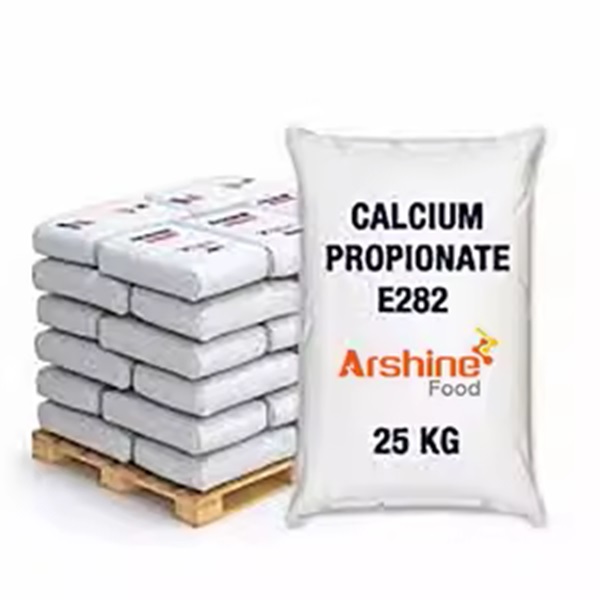We unleash your business potential by maximize the business innovation.
Send EmailCalcium Propionate, Propanoic Acid, Calcium Propanoate, Calcium Propanoate, E282, 4075-81-4
Molecular Formula (Calcium Propionate); C6H10CaO4
Molecular Weight; 186.22 g/mol
Chemical Name; Calcium Propionate
CAS Number; 4075-81-4
Calcium propionate, known as calcium salt and propanoic acid. It is a white powder with a faint odor.
It is the calcium salt of propanoic acid, which is considered a food antifungal agent.
Calcium Propionate is a normal intermediate product in animal metabolism. And it is safely eaten by animals.
Under acidic conditions, it produces free propanoic acid, which has stronger properties than acetic acid, but weaker properties than sorbic acid, and has an antibacterial effect on aspergillus niger and gas bacilli, unlike yeast.
Other Names are as follows;
4075-80-4
Propanoic Acid
Calcium Salt
Calciumpropionate
Calcium Propanoate
Calcium Dipropanoate
Pesticide Chemical
Propionic Acid
Propanoic Acid
Propionic Acid Calcium Salt Hydrate
Physical and Chemical Properties:
It is a chemical in the form of a pale odorous white powder or monoclinic crystals.
It is stable at room temperature. However, its stability is affected when the temperature increases.
It has hygroscopic properties. It is incompatible with chemicals that have strong oxidizing properties.
Calcium Propionate pH is between 6.0 and 9.0.
It decomposes when heated. During this time, it decomposes and emits acidic and irritating fumes.
Its solubility in water is 1gr/10 mlt. This means very good solubility.
Its melting point is 300 °C.
Storage temperature should be below 30 °C.
Where are the Areas of Use of Calcium Propionate?
The most intensive area of use is the food area. In this area, it is used as a preservative and nutritional supplement with other materials during dough making, in food production such as bread, processed meat, other bakery products, dairy products and whey.
It is used in this area to help reduce the sodium level in bread.
It is used as a browning agent in processed vegetables and fruits.
The alternative chemical that can be used instead is Sodium Propionate.
Mold and bacteria form in phyllo and bread when the humidity and pH are high. It is used with potassium sorbate or sorbic acid to extend the shelf life of products such as yufka and bread.
Calcium Propionate is used in the beverage sector to prevent the proliferation and growth of microorganisms. It acts as an inhibitory agent in this field.
It has great effects in the pharmaceutical field. It is used in this field in powder form to benefit from its antimicrobial properties. In addition, it has important properties that will delay mold formation in aloe vera therapy, which plays a key role in the treatment of many infections in the pharmaceutical sector.
It is processed in the production of photographic chemicals and photographic materials.
It is used in the coating field as a surface treatment agent in the production of paint and coating chemicals.
It is used to prevent bacterial growth in the production of cosmetic products.
It is used in the production of low-yeast bakery products.
Propionic Acid also helps control the pH of personal care products and cosmetic products.
It has strong effects in preventing milk fever in cows.
It is used as an antimycotic substance in the production of dry food in granular form for animals. It has preservative and mold-preventing properties in this application.
It is used in the production of cow feed, dog and cat feed.
Calcium Propionate can be used as a 2nd glycogen source in vitamin capsules produced for animals.
